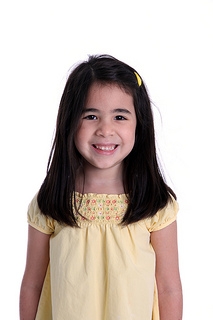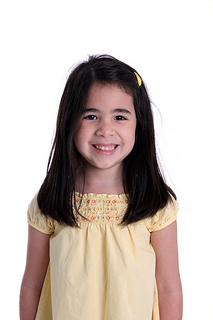Children and Halitosis
December 22nd, 2022

Many parents are unaware that children can also suffer from symptoms of halitosis, better known as chronic bad breath. This common oral problem affects a majority of the population, including both adults and children. During treatment for this condition, it’s worthwhile to focus on the cause of the problem. Take a look at the most common reasons why your child might develop bad breath.
Having constant bad breath can be embarrassing and troublesome. Most often, boys and girls develop halitosis as a side effect of some sort of upper respiratory infection. It may be a common cold, allergies, or flu symptoms.
When the nasal passages are blocked, it’s more likely that your child will breathe through the mouth. Mouth breathing may also occur if your youngster is put on medication that decreases saliva flow. Mouth breathing can make bad breath much worse if there isn’t enough saliva to cleanse the area.
Another cause of halitosis in children can be tonsillitis. When your child’s airway is constricted, he or she is more likely to mouth-breath. When the tissues in your mouth dry out, bacteria will grow and increase in potency. If you notice symptoms of tonsillitis in your child such as a fever, swollen throat, trouble swallowing, chills, or congestion, get your little one to treatment right away.
Halitosis in children is can also be caused by an infection of the mouth. If your child’s teeth or gums are infected, odor will developed if untreated. Infection can occur due to inadequate brushing and flossing, which can lead to gum disease or cavities. If cavities are left untreated, they can develop a strong, noticeable odor. If you think your child has an infection or cavity, contact Children's Dentistry at Hausman Village and schedule an appointment.
Other causes of halitosis may be certain pungent foods your child eats, or bacteria built up on the tongue. Make sure your son or daughter brushes and flosses thoroughly every day. Some mouthwashes may be beneficial for your child to alleviate bad breath caused by leftover bacteria in the mouth. Other ways of treating of halitosis can vary, based on the cause of the problem.
If you’re unsure about why your child has halitosis, contact Children's Dentistry at Hausman Village and we can help you figure out where the issue originated. Remember, masking symptoms of bad breath with gum or mints will be only a temporary fix. Your child’s bad breath problems can be helped with a little investigation from Dr. Hernandez. Always feel free to call our San Antonio, TX office if you are concerned about your child’s oral health.



